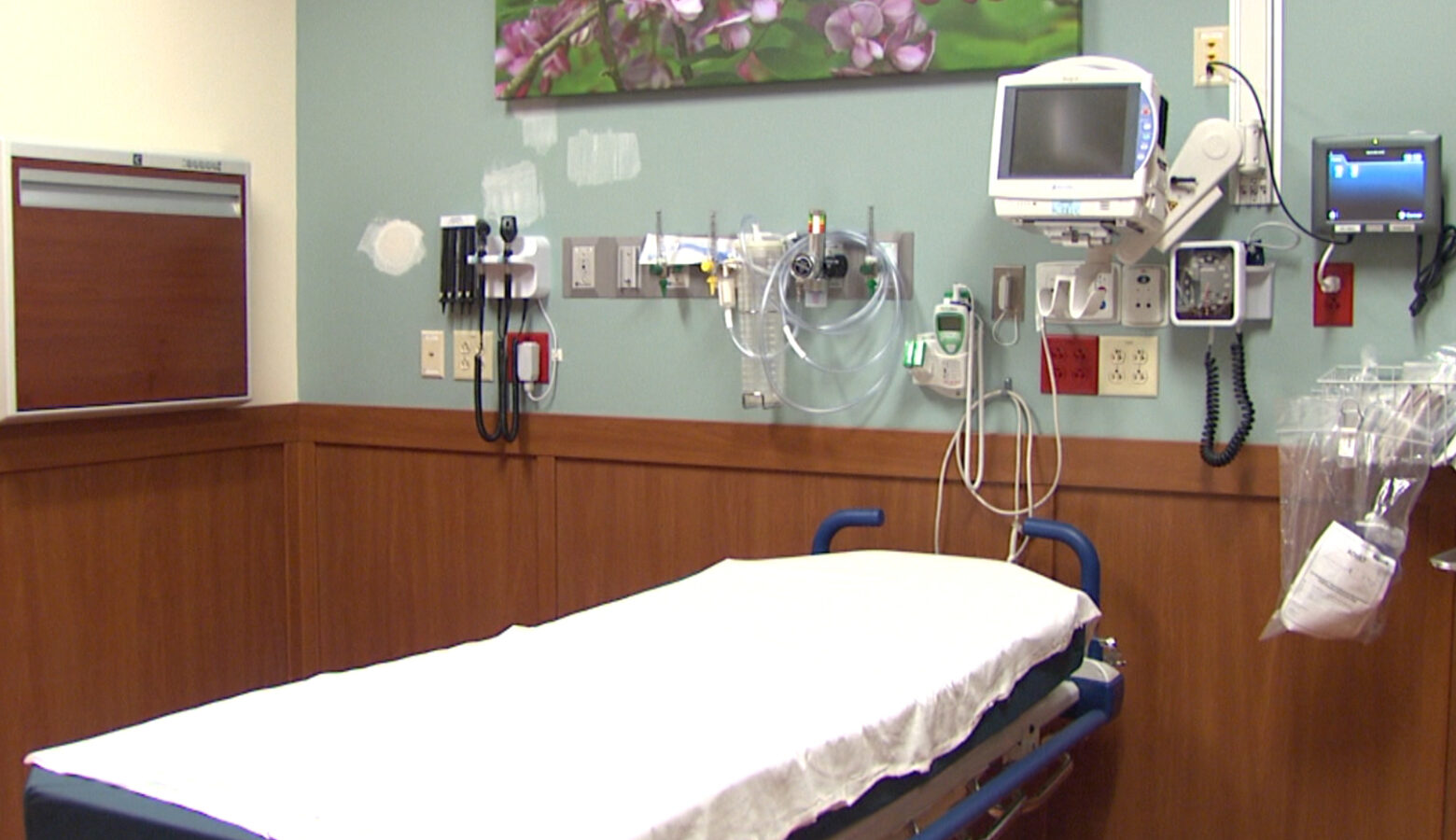Indiana sees increase in flu activity and deaths, including first pediatric death

Indiana reported its first pediatric flu death this season as flu cases and hospitalizations continue to rise.
The Indiana Department of Health has reported 24 influenza deaths this season, with 12 added in the past week. Hospitalizations have increased and Hoosiers going to the hospital with flu-like illnesses jumped by 15 percent in the last week.
Reported flu-like illnesses statewide have increased by nearly 9 percent in the last week and at 7.3 percent.
Of the state’s 10 emergency preparedness districts, District 9 remains the highest for flu-like illness in emergency departments and urgent care at almost 16 percent – which is a slight decrease from the previous week. District 9 covers several southeastern Indiana counties, including Harrison, Floyd, Clark, Scott, Jennings, Jefferson, Switzerland, Ohio, Ripley, Dearborn, Decatur and Franklin.
READ MORE: Flu-like illnesses prompt hospital systems to restrict visitors, statewide activity high
Join the conversation and sign up for the Indiana Two-Way. Text “Indiana” to 73224. Your comments and questions in response to our weekly text help us find the answers you need on statewide issues.
Health officials say the number of patients in the hospital are exceeding 11,000 – which could eventually lead to or exceed COVID-19 hospital capacity levels.
Epidemiologists say the majority of sampled flu viruses in the U.S. are influenza A, h3n2, which is traditionally more deadly or likely to put people in the hospital. This was the dominant strain of the 2017-18 flu season.
For those experiencing mild symptoms or wanting to obtain routine testing, experts recommend going to urgent care centers or family physician offices rather than the hospital. For preventative care, experts recommend everyone aged 6 months or older get the flu vaccine.
The flu virus will be more evasive, though, if it is allowed to spread widely.
It takes about two weeks after vaccination for antibodies against the flu to develop – state health officials said the flu shot can also be given at the same time as the new COVID-19 booster.
The IDOH’s dashboard can be used to track flu information each week.
Contact reporter Violet at vcomberwilen@wfyi.org or follow her on Twitter at @ComberWilen.
